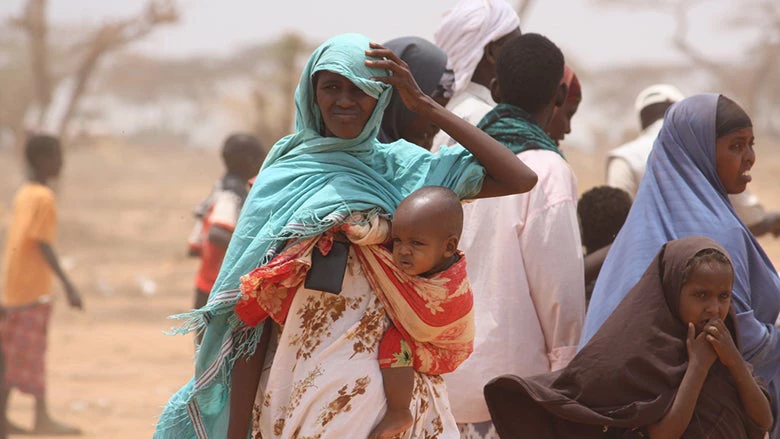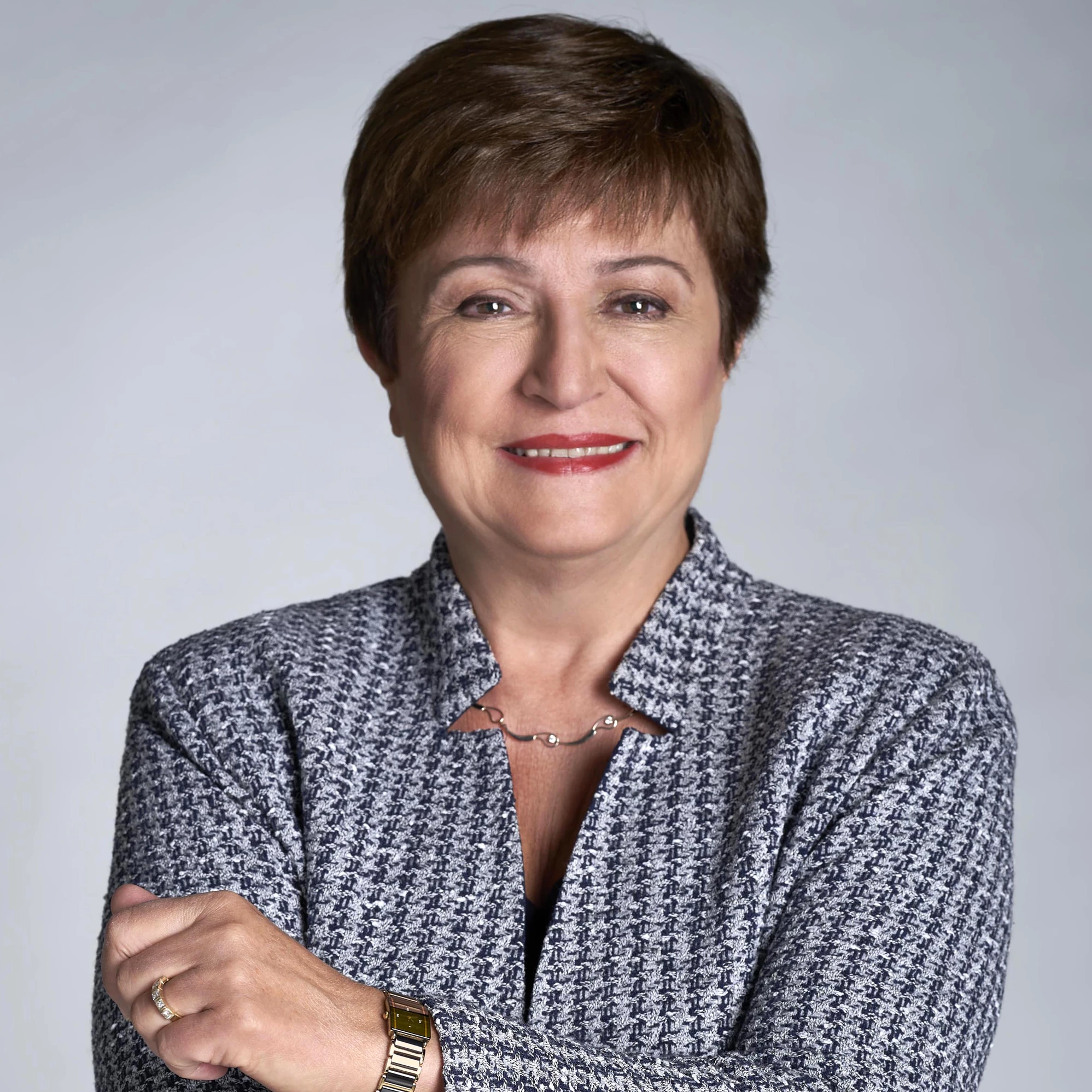
Benjamin Franklin famously said, “An ounce of prevention is worth a pound of cure.” This was his message to Philadelphians on how to avoid house fires, at a time when they were causing widespread damage to the city and its people.
His words ring true today, as we face global crises – natural disasters, pandemics, violent conflicts, financial crises, and more – that hit rich and poor countries alike, and have lasting consequences especially for the world’s most vulnerable people. They can take the lives of millions of people and cost the world trillions of dollars in damages and lost potential.
When crisis hits, it makes headlines. Recall the 2013-2015 Ebola outbreak in West Africa, which took 11,000 lives and cost $2.2 billion in economic damage. Or the 2008-2009 financial crisis, which pushed an estimated 64 million people into poverty.
Fragile countries feel the impacts even more acutely—with limited institutional capacity and resources, a single catastrophe can make the effects of others significantly worse. The world simply cannot afford to continue down this road.
When crisis is averted, it rarely makes headlines. Yet research tells us that preparing for and preventing crisis is the best investment the international community can make. In fact, for each $1 invested in prevention, about $16 is saved down the road.
What if we could better forecast risks and prevent crises in more countries? What if we could help countries avert crises altogether? We have been asking ourselves these questions for some time, and last week, with the launch of the World Bank Group’s Global Crisis Risk Platform, our member countries endorsed our strategy to do better to prevent catastrophes before they unfold.
For years, our humanitarian partners have been at the forefront of responding quickly and efficiently to global crises. They feed the hungry, clothe and shelter the homeless, heal the sick and much more. In my previous role as the EU’s Humanitarian Commissioner, I saw first-hand the sheer magnitude of need in the aftermath of crises, and the critical importance of swift response.
At the same time, the World Bank has decades of experience supporting countries on risk prevention and preparedness, response, and recovery and reconstruction, with an eye toward long-term development. We have complemented the work of humanitarian agencies by providing advice, analysis, and financing, and by bringing all the necessary voices around the table to help countries in crisis forge ahead.
When humanitarian and development agencies work together and act quickly, we can prevent crises, lessen their impacts, and save lives.
Take the Ebola outbreak in the Democratic Republic of Congo this past May. When the outbreak came to light, the government responded immediately, working with international partners like the World Health Organization and UNICEF. Days later, the government announced that it needed about $56 million to fully finance three months of outbreak response. Within two days, the plan was fully financed, with the World Bank contributing $27 million – including through a $12 million grant from the newly-created Pandemic Emergency Financing Facility. Instead of developing into a full-blown pandemic, I’m thrilled to say that as of July 25, the Democratic Republic of the Congo has been declared Ebola-free.
And last spring and summer, famine threatened people in parts of Sub-Saharan Africa and in Yemen. We worked alongside front-line humanitarian partners like UNICEF, the World Food Programme, the International Committee of the Red Cross, and others to rally the $1.8 billion in funds needed to feed and protect those at risk. Today, millions of children are alive and fed instead of suffering from a prolonged famine.
Our aim with the Global Crisis Risk Platform is to make prevention everyone’s business. We will of course continue to respond to serious crises, but at the same time we will use our expertise to help countries identify and reduce risks and be resilient, and strengthen our ability to mitigate multidimensional risks before they turn into full-blown crises.
What does this mean in action? It means that we are gathering new and more useful evidence, including using artificial intelligence, geo-spatial monitoring and other technology, to identify countries facing the greatest risks. We are mitigating risks through our operations, and incorporating prevention and preparedness into our clients’ development strategies. We are developing and using innovative financing mechanisms to prevent and respond swiftly to global crises. And we are collaborating across our institution and with partners, including the UN, humanitarian partners, and the private sector, to ensure that the solutions we offer are making a difference for those most vulnerable, especially the poorest.
This is mission critical for the World Bank. We must and we will do better for people living in the world’s most perilous environments, and that starts with crisis prevention.


Join the Conversation